The Learning Zone
"Learning is a treasure that will follow its owner everywhere." - Chinese Proverb

The Learning Zone
"Learning is a treasure that will follow its owner everywhere." - Chinese Proverb
"Coming together is the beginning, staying together is progress,
and working together is success." - Henry Ford
Each year the National Assessment Program – Literacy and Numeracy (NAPLAN) is undertaken by students in Years 3, 5, 7 and 9. Students will participate in tests for writing, reading, conventions of language (spelling, grammar and punctuation) and numeracy.
NAPLAN 2025 will take place from Wednesday 12 March to Monday 24 March.
NAPLAN is just one part of our school learning assessment program. The tests assess literacy and numeracy skills your child is already learning at school.
In preparation for NAPLAN, our school will undertake activities to help students become familiar with the format and functionality of the online tests.
The public demonstration site is available to see the types of questions, tools and functions used in the NAPLAN tests.
Further information about NAPLAN for parents and carers is available on the NESA website and also by clicking the link below:
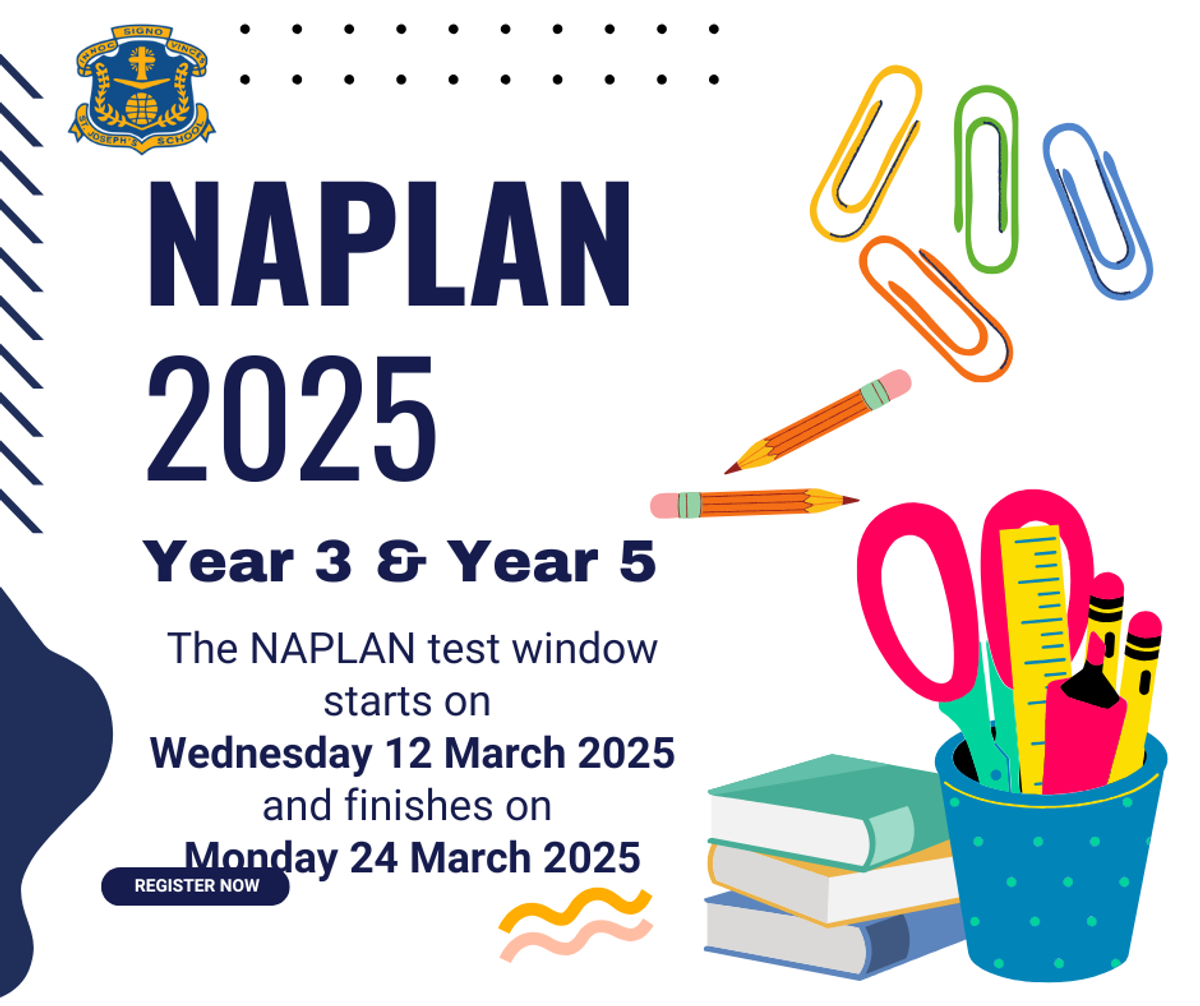

Maths At Home:
Kindergarten - Representing Whole Numbers
This week, Kindergarten have commenced a unit on Whole Number. They are learning to read numerals and represent whole numbers to at least 20. The poster below shows the many different ways numbers can be represented.
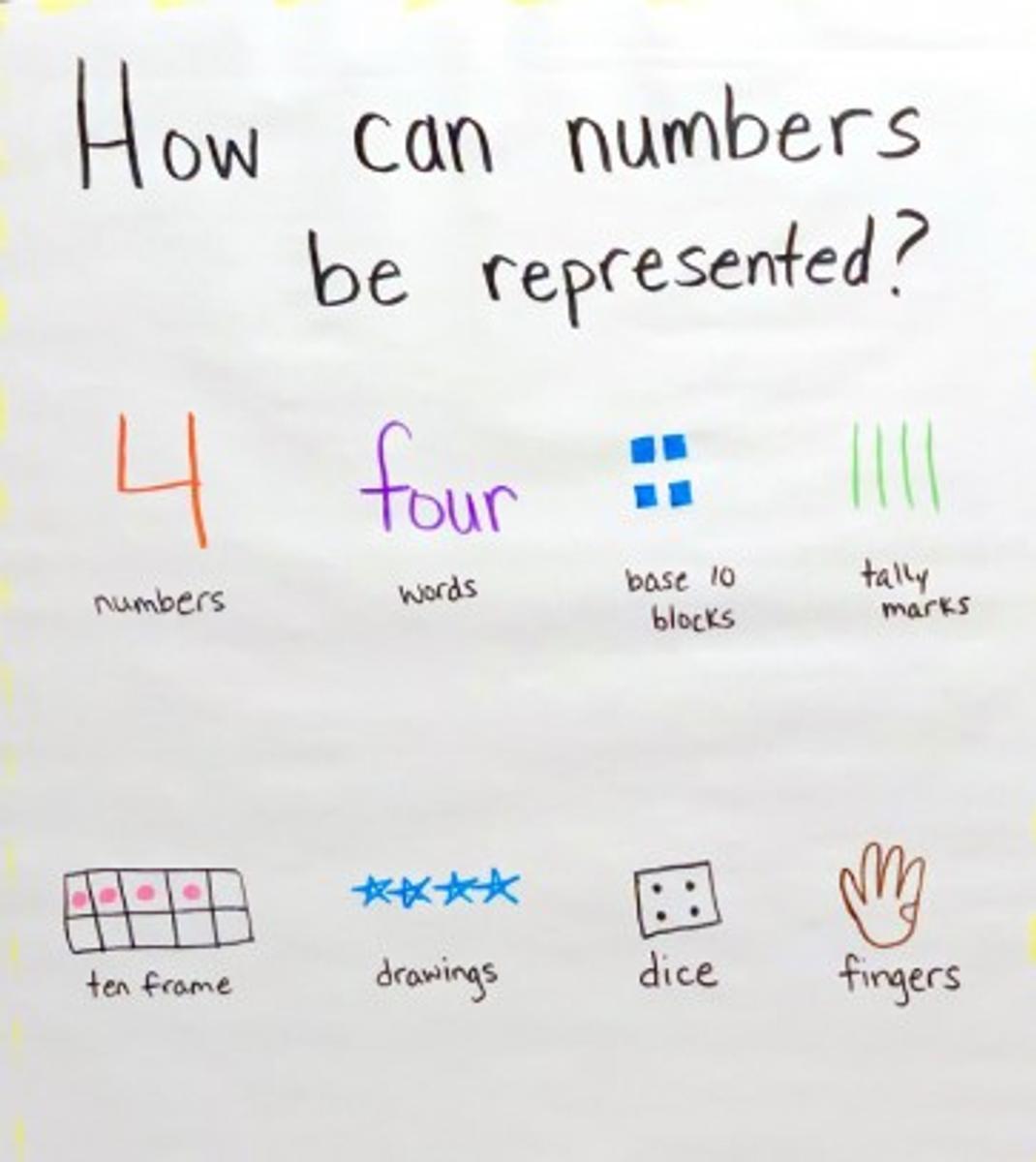

Stage 1 - Whole Number
Count stairs, letter boxes, or objects in two, threes, fives and tens whenever opportunities arise;
Talk about numbers whenever opportunities arise. Ask questions such as “Which is bigger/smaller/the same/different?”
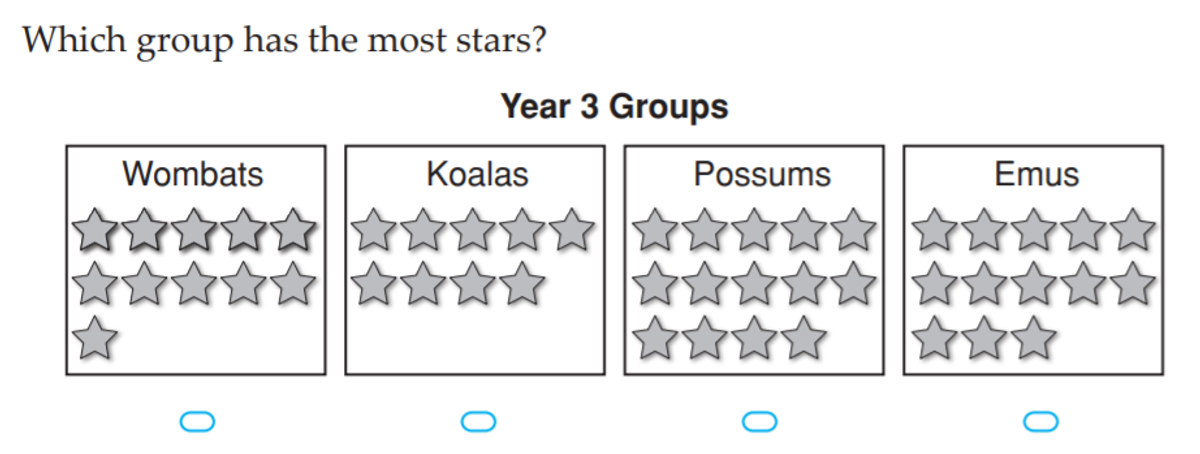

Stage 2 - Representing Numbers using Place Value
Rounding can be a very challenging concept for many students. Most of the time students try to memorise the rules: if the number to the right is less than 5, round down; if it is 5 or greater, round up. This is a good rule if students are rounding a bunch of numbers on a worksheet for rote practice but not when they are trying to relate rounding to estimating or real-world concepts. The more you practise rounding in everyday situations with your child, the more links to estimating will occur.
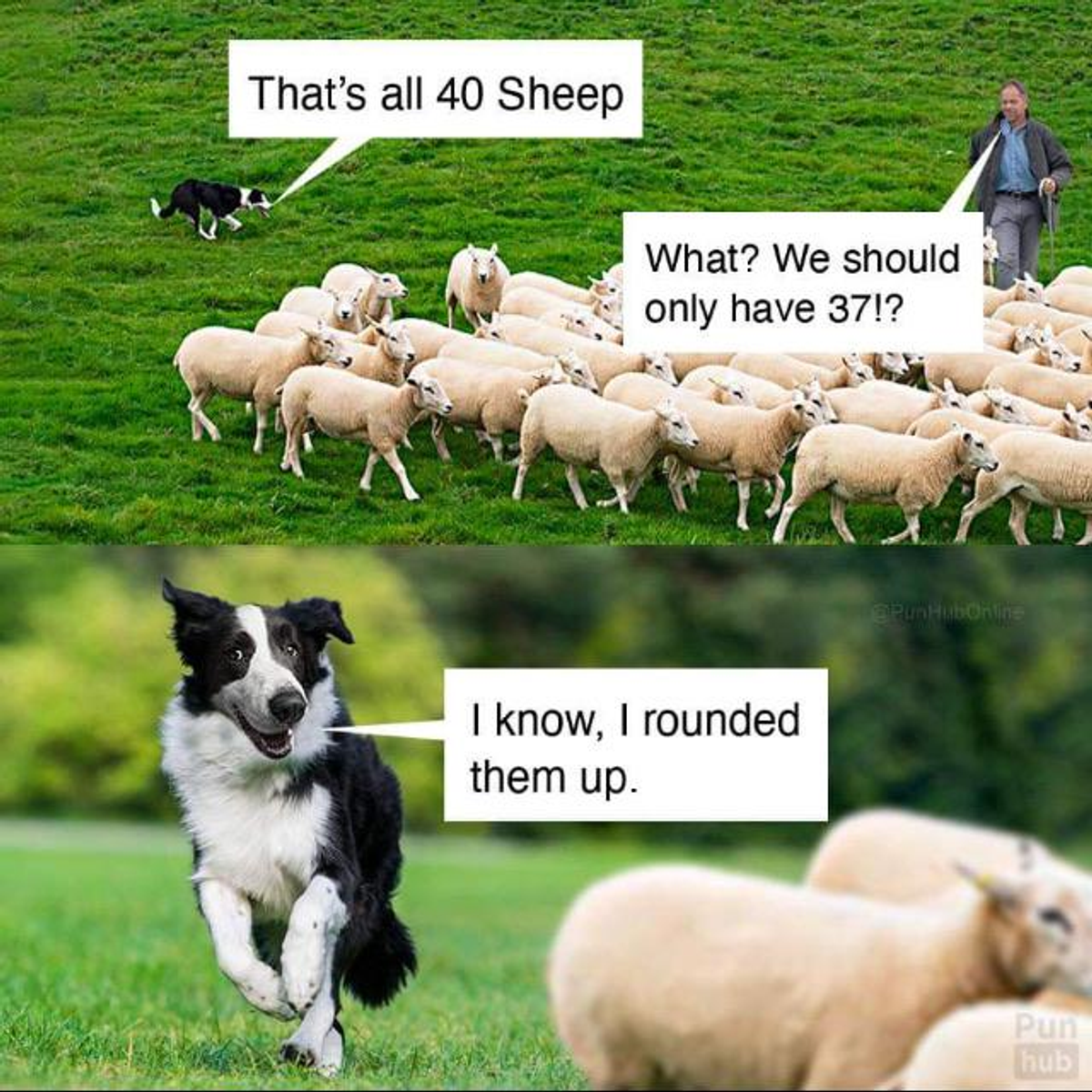

We really want students to see the entire number and how that number relates to other numbers near it. Increasing children's understanding of rounding will develop their number sense at a deeper level. It helps for children to make connections to numbers and see logical progression between numbers.
Stage 3 - Additive Relations
Here are two problems Stage 3 to get you thinking about number!


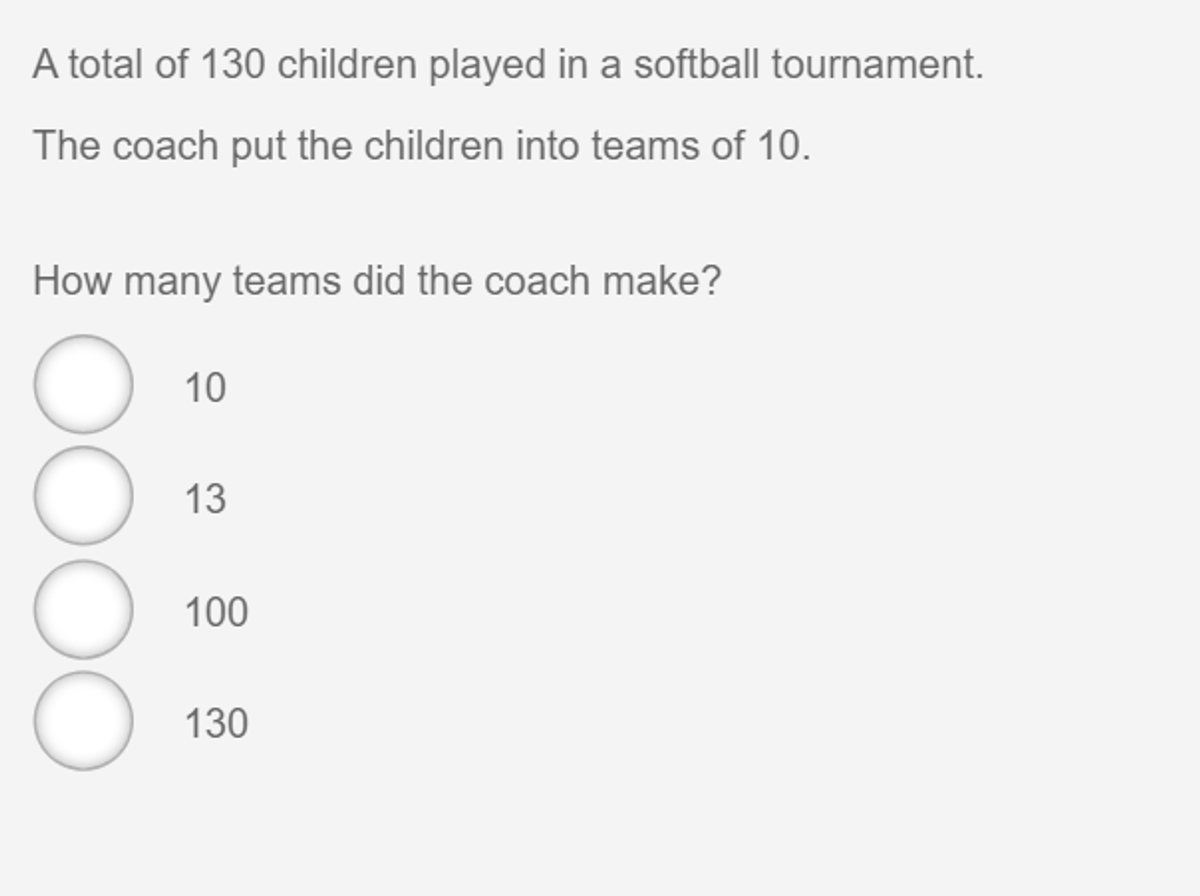

Have a great week of learning and fun.
Maree Holland & Greg O'Toole